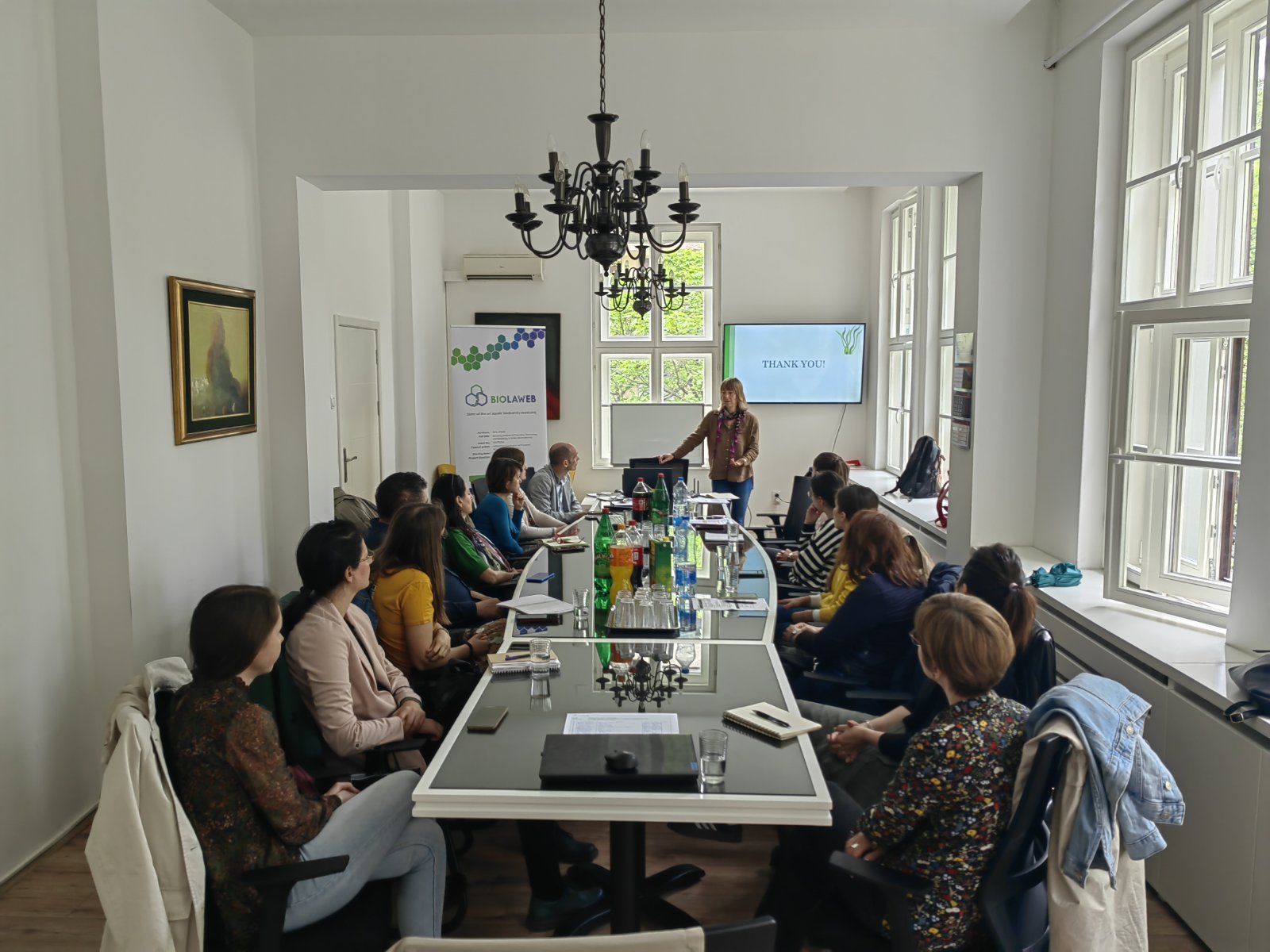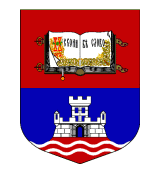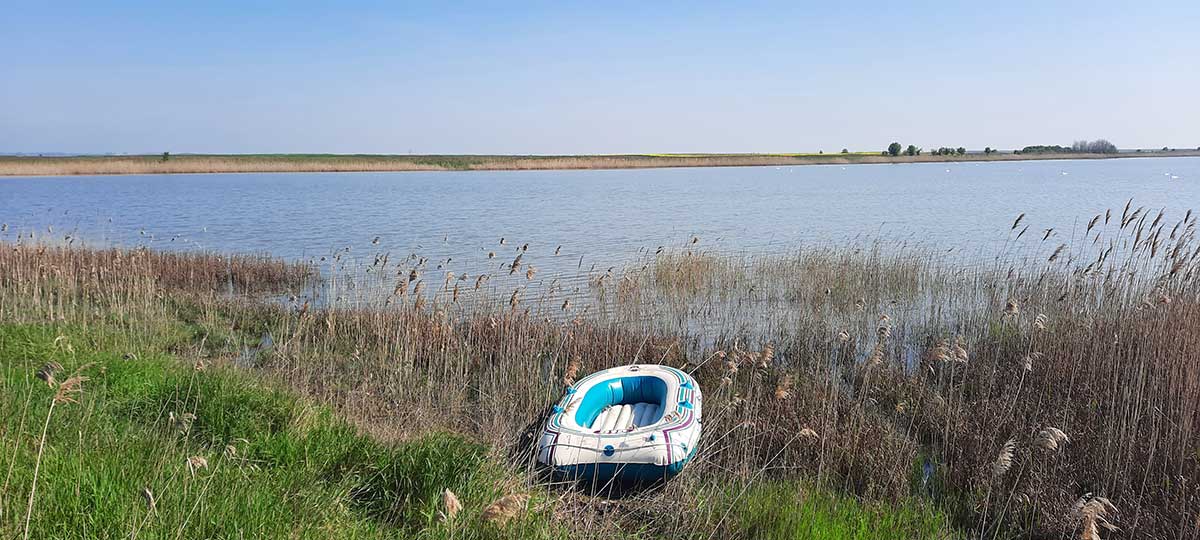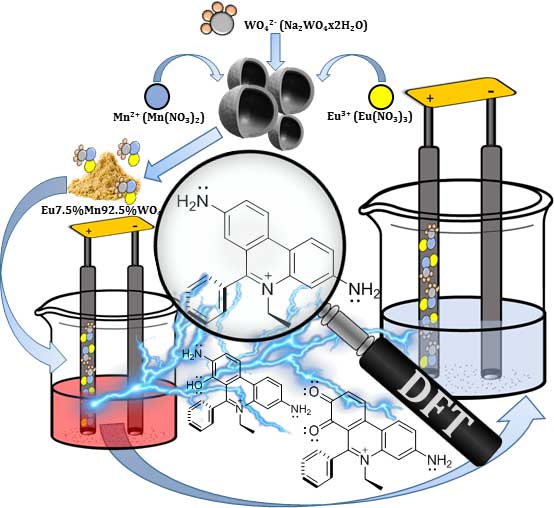The bioindication workshop organized at ICTM within the BIOLAWEB project
The BIOLAWEB project organized a workshop titled "Introduction to Bioindication," led by Dr. Susanne C. Schneider from NIVA (Norway), an international expert in the field of bioindication. A bioindication is a valuable tool for monitoring and assessing the state of aquatic ecosystems. It involves using living organisms to indicate environmental quality, and it can provide important insights into the health of an ecosystem. On April 25th, she held an introductory lecture during an online part of the workshop. The second part was held at the Institute of Chemistry, Technology, and Metallurgy in Belgrade from the 3rd to the 5th May this year. Besides BIOLAWEB team members, researchers and students from other institutions related to the field of aquatic ecology participated in the workshop: the University of Belgrade, Faculty of Biology, Institute for Biological Research "Siniša Stanković," University of Novi Sad, Faculty of Sciences, Serbian Environmental Protection Agency, Institute of Hydrometeorology and Seismology (Montenegro).
The workshop introduced the basic principles of bioindication, as well as practical examples and case studies. Moreover, the participants were divided into groups. Each group was tasked to prepare a presentation on a specific group of bioindicator organisms and related indices, providing the participants with deeper involvement and insight into this topic. The workshop was interactive, very well-designed, and well-received by the participants, who found it informative and engaging. They appreciated the interactive format, which allowed for discussion and exchange of ideas.
Overall, the workshop was a success, highlighting the importance of continuing education and training in environmental science and bioindication. By providing opportunities for researchers and students to learn and exchange knowledge, we can better understand and protect the environment for future generations.



